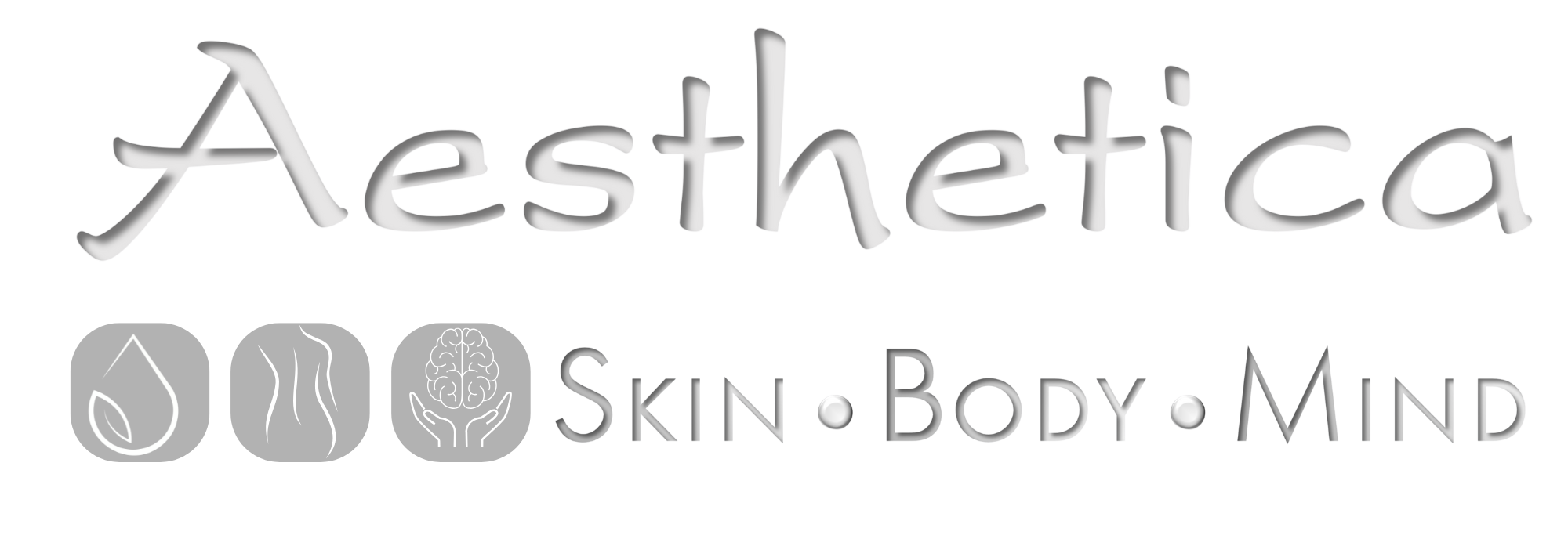Pro-active is a unique dietary supplement of a premium Hydrolysed Collagen, rich in specific amino acids that are easily absorbed by the human body.
Daily use of Pro-active is clinically proven to reveal your younger self!
Pro-active Composition
Each 25 ml dose contains:
|
Active Ingredients |
Per 25ml |
% RDA** |
|
Hydrolysed Collagen* |
10 000 mg |
N/A |
|
Magnesium |
31 mg |
8.16% |
|
Vitamin B5 |
6 mg |
100% |
|
Vitamin B2 |
1.40 mg |
100% |
|
Vitamin B6 |
1.40 mg |
100% |
|
Vitamin B1 |
1.10 mg |
100% |
|
*Porcine Originated |
**RDA=Recommended Daily Allowance |
|
Pro-active Active Ingredients:
Magnesium (Mg) contributes to:
Vitamin B5 (Pantothenic Acid):
Vitamin B1 (Thiamine):
Vitamin B2 (Riboflavin):
Vitamin B6 (Pyridoxine):
How to use Pro-active:
Daily Dosage:
A measuring cup per day diluted in a glass of water or juice is recommended, preferably before evening sleep. Shake well before each use. Store in a cool and dry place, away from direct light and below 25°C.
Keep out of the reach of young children. Safe to use. No side effects or contraindications noted and there is no prohibition to its usage. Consumers with allergies and/or any other medical issue should consult their doctor before consuming this product. The product does not contain any ingredients according to Directive 2013/13/EC & amendments and it is GMO-Free.
What is Collagen?
Collagen is a key component of the basic structures of the human body and the connective tissue. It is an abundant protein of the body, accounting for about 30% of total body protein and 75% of the protein that makes up skin. As a result, collagen is the main constituent of our skin.
Collagen plays a leading role in all body functions since it is responsible for:
Collagen’s role in the skin’s structure
The common structural property of collagen is the presence of three polypeptide chains, that form a helix. A single collagen fibre comprises of multiple triple helices. There are several types of collagen in the human body. The most common are Types I, II & III, which are found in skin, tendons, joints, cartilages & blood vessels.
As we age, our organism tends to produce less collagen at a declining rate of about 1,5% per year from the age of 25 onwards. As a result, bones lose density, joints become more rigid, hair volume decreases, skin elasticity lessens and muscles weaken. The number and activity of skin cells (fibroblasts), that produce collagen, decreases. As fibroblasts become less active, the collagen matrix which provides skin firmness and structure starts to break down. The skin then becomes dehydrated and thinner, plus, fine lines, wrinkles and deep furrows start to appear.
So, what can we do to replace collagen in our organism? Since sufficient quantity of Collagen cannot be provided through the consumption of a different kind of food, therefore the intake of Collagen is essential.
What is Hydrolysed Collagen?
Hydrolysed collagen, which is the leading form of collagen, is produced through the process of enzymatic hydrolysis of collagen protein. The process of hydrolysis involves breaking down the molecular bonds between individual collagen strands using combinations of enzymes. This process doesn’t use heat, chemicals or acids, but rather collagen is dissolved in water. The hydrolysis process results in reducing the collagen proteins of about 300,000 Da into small peptides having an average molecular weight between 2000 and 5000 Da.
Clinical studies have shown that the percentage of bioavailability is more than 90%¹, ². Oral administration of hydrolysed collagen is absorbed within the first 12 hours from the intake.
Hydrolysed collagen contains 20 amino acids, which together represent around 50% of the total amino acid content.
Hydrolysed Collagen’s peptides contain three times higher amount of proline, glycine and hydroxyproline amino acids. These amino acids are essential for the synthesis of new collagen and they strengthen the stability of collagen’s structure in the body.
|
Amino acids |
Percentage (%) |
|
Proline/Hydroxyproline |
25% |
|
Glycine |
20% |
|
Glutamic acid |
11% |
|
Alanine |
8% |
|
Arginine |
8% |
|
Other essential amino acids |
16% |
|
Other non-essential amino acids |
12% |
Competitive Advantages of Hydrolysed Collagen: Because of its low molecular weight, hydrolysed collagen presents some advantages when used compared to the natural/normal collagen:
Stimulation of collagen in the body has a positive impact on our wellness by revealing a youthful,
vibrant, fresh and vital inner beauty!!!
Pro-active’s benefits in Beauty:
For Hair
Pro-active provides benefits for the hair as well. It is clinically proven that the hydrolysed collagen in Pro-active enhances hair strength and appearance.
For Skin
Pro-Active increases the density of the fibres and fibroblasts, which are the principal cells of the skin and are responsible for the production of collagen. Pro-Active once absorbed by the small intestine is distributed from the arteries to the deepest layer of the skin, leading to fibroblast proliferation and increased collagen production. With daily use of Pro-Active, the skin becomes more hydrated.
Pro-active’s benefits in Sport:
For Sport
A collagen is an excellent form of protein as it contains 8 out of the 9 basic amino acids. Intense exercise destroys protein in the body making their replacement very important. Pro-Active also contains glycine and arginine that play an important role during exercise, providing energy to the body and thus improving athletic performance. In addition, hydrolysed collagen contributes significantly to the rapid restoration of tissue, ligaments and cartilage, and muscle post-injury.
